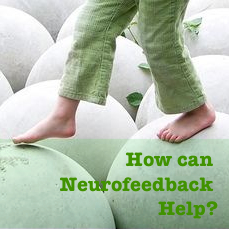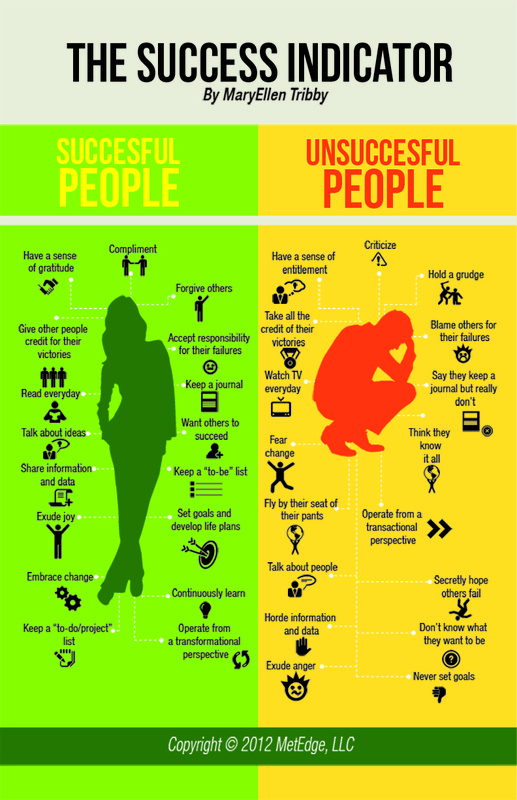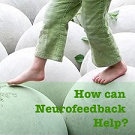by Nikki SchwartzThe Crood's family's motto is "Never Not Be Afraid." When their cave is destroyed, they've got to set out for something new. I think this is a great lesson for kids and can provide some great teaching moments after the movie. Another Surprise!
How to Win TicketsIf you'd like to win the tickets, leave two comments:
We'll send the winner an email on Thursday (June 7th) at 8pm. The winner will need to respond by 10pm Thursday evening to claim the tickets. The tickets will be left in the winner's name at the box office.
I'm always looking for realistic parenting tips for families who have children with Autism, Asperger's, and ADHD. I recently discovered a great series of short parenting videos from @AskDocG, Dr. Deborah Gilboa regularly posts tips on parenting.
I've already used this suggestion several times to teach children on the spectrum how to interrupt their parents politely. I couldn't believe I had never thought of something this simple before, definitely worth watching. Dr. G posts weekly with great tips for parents, you can find those on her YouTube Channel.
Now, that you've watched it... I recently tried this with a child that I know outside of the office, who is rather impatient. I couldn't believe how quickly she picked it up and didn't interrupt once the rest of the afternoon. I was shocked. Try it out, I would love to hear how it works out for your kiddo.
This morning I am on my way to DC for this weekend's Accessibilty Conference (about a 3 hour drive). Here's a little gem I found in my perusal... smartappsforkids.com does a post every Friday with a list if free apps! Always a great thing to have. I'll let you know if I find anything good!
Here's a link: http://www.smartappsforkids.com/2013/04/free-app-friday-apps-free-until-10pm-cst-us-041913.html#more by Nikki Schwartz
Are you a Transformational or Transactional Parent?Transactional leaders, according to the leadership theory, tend to focus on setting goals, offering rewards, establishing punishments, consequences, dealing with present situations. They are reactionary and surprised by crisis. Transformational leaders seek to inspire others, to challenge them to learn more, and to find ways to help them enjoy the process. They use "transactions" when necessary, for example, they pay their employees for working; however, transactions take second place to who people are and what is important to them. As parents, (and bosses, too!) it is so easy to focus on transactions. Do your chores, and you can go out and play. Finish your homework and you can watch TV. Argue with Mom or Dad and you will lose video game privileges. Don't get me wrong, it's important to set boundaries and consequences, but they make a weak backbone for parenting. Transformational parenting, like transformational leadership, is harder. It takes having purpose and vision for your children. It means being deliberate, not perfect. It means admitting your mistakes and apologizing. It means being proactive about parenting. It means trying to understand who you children are and what excites them. Because, what excites them is what will motivate them. Nikki, I've tried that already...Ok, Nikki, the only thing my kids are excited about is video and computer games. I've already tried that. Fail. Right. You've tried on a transactional level. You've tried rewarding them by offering video games or punishing by taking them away. But what about on a deeper level? Do you know why your kids are so intrigued by video games? Because they are challenging, they offer periodic rewards, and they are intense. How often is homework challenging, rewarding or intense? No wonder kids don't want to do it. So, apart from changing schools, homeschooling or blowing up your kid's teacher's email box, what can you do about it? Find ways to make it fun. If your kids like video games, try to incorporate technology. Use whatever technology you have available to teach the things they are trying to learn. There are iPad, iPhone, and Droid apps for every part of education and learning. Here is a link to reviews for some of the best apps that teach multiplication. Try educational websites on your home computer or at the local library. Do whatever you need to do to engage your kids so that learning is exciting. What does being a Transformational Parent look like?It starts with you. That's why I think this infographic is so amazing. Transformational Parenting is not about the child you are raising, as much as it is about yourself. It's about realizing that you are becoming the kind of parent you want to be right now... or you probably wouldn't be reading this post! :) I usually like lists and tips... but I'm hesitant to give one now, because I don't want to give you the impression that you "should" be doing all of these things right now. That you're only a "good" parent if you're doing all of these things all of the time. That's just not true. Use the infographic as a guidepost, thinking about the information in terms of parenting. Then use this list to help you focus your efforts as a parents. A list to help you evaluate if you are becoming the parent you want to be. Read it like that and tell the critical voice in your head to take a hike. (If that's hard for you, read this post on taking care of yourself as a parent.) Remember that you do need some transactional exchanges, so, don't be hard on yourself if you find you sometimes do things on that list as well. Many parents have additional challenges as well, whether that is raising a special needs child, or coming from an abusive background themselves, being a single parent, having a military spouse who is deployed, etc. Take these things into account, and cut yourself some slack, it's more important to be a parent that is growing toward "transformational" than a parent who is stuck in "transactional". Traits of a Transformational Parent
So, back to the quote from the beginning..."After so many years, you've tried so many things that you're just skeptical of the new miracle therapy." Yep, you've tried everything. I get it. You know what? I bet along the way you've probably picked up some good nuggets that have made you a better parent. My motto for working with parents is "Try everything, do what works." If I suggest something that doesn't fit with your child, your parenting approach, your household, see if you can tweak to fit you, instead of just throwing it out. Not everything people suggest to me works for my life either, but usually there is a way to filter it through my own way of seeing things and making it work for me. This proactive approach to parenting is about principles, not about giving you a to do list. What have you tried? What's worked? What hasn't? It would make my day if you left a comment.
This is a fantastic description of what autism is like for Temple Grandin, recorded at the TED Conference 2010. She talks about how she thinks in pictures. She touches on visual thinkers, verbal thinkers, sensory issues. What is autism like for you or your child?
 We just put up a new pinboard on Pinterest for things to do in Virginia Beach with kids on the Spectrum. We have several locals contributing ideas for activities, resources, and anything else that would be helpful to the autism community. There are lots of great things to do in Virginia Beach. We wanted to have a central location for all these ideas. If you'd like to pin to this board, let us know in the comments. Here are a few of the ideas we featured for Autism Virginia Beach on Pinterest... CONTINUE READING  Photo Credit: Pink Sherbert Photography Photo Credit: Pink Sherbert Photography via Flickr Creative Commons 2.0 There is a lot of research that indicates meditation can be very helpful for self-regulation, calming the brain and mind, increasing the ability focus, among a myriad of other benefits. But how many parents out there can imagine teaching a (neurotypical) child to meditate? How about a child with ADHD, Autism, or Asperger's? CONTINUE READING  Credit: Pink Sherbert Photography via Flickr Credit: Pink Sherbert Photography via Flickr by Nikki Schwartz Neurofeedback can be very helpful for a variety of of people. If you get a chance, check out What is Neurofeedback? Neurofeedback or neurotherapy works by helping the client to self-regulate. So that they are able to wake-up easier, go to sleep easier, focus better, and manage their emotional state more easily. CONTINUE READING |
Nikki Schwartz,
|


















 RSS Feed
RSS Feed
